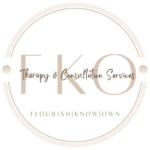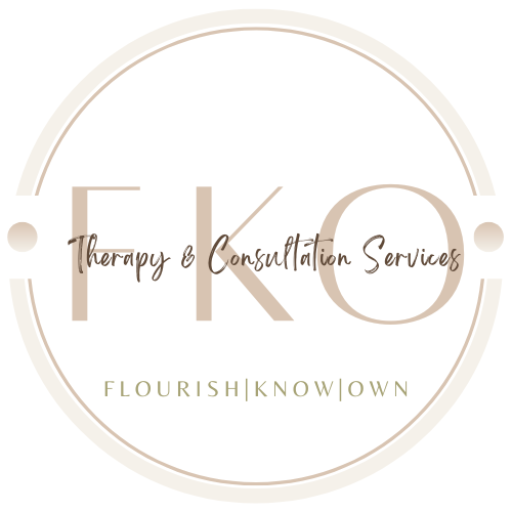
There is nothing more important than the relationship you keep with your family. Families bond over common goals and successes and, if properly handled, over challenges too. However, is your family currently facing a challenge that has led to conflict rather than togetherness? Has your family dynamics become affected because of another family member’s issue? This is a common challenge that most families face.
Maybe a family member has just been diagnosed with a chronic illness, and the entire family has been thrown into disarray since the diagnosis. Often, family members are the first individuals to provide healthcare and stability to the person with the illness. This could change the way the family operates daily. Family members may face a variety of emotional difficulties like depression and anxiety.





